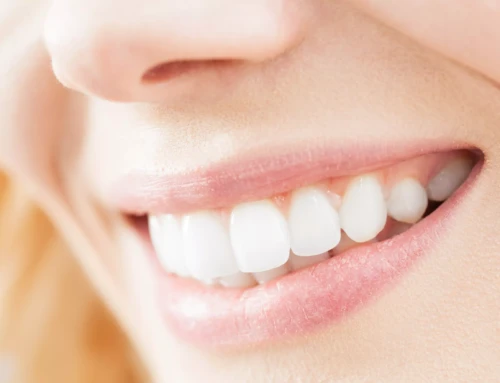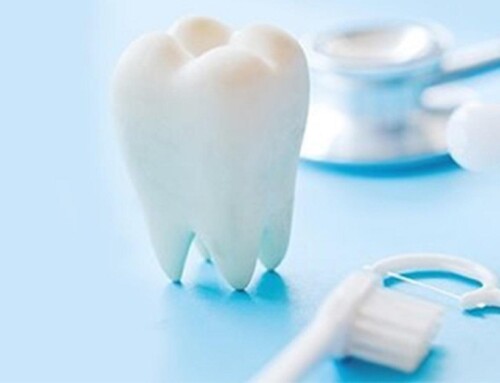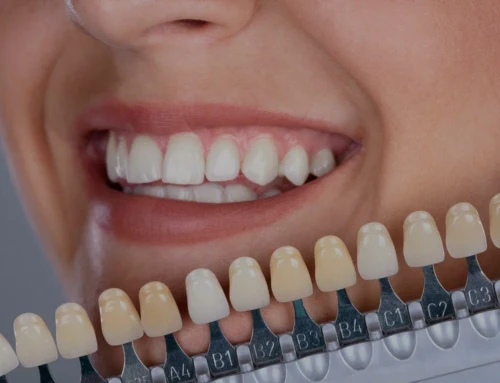To Floss or Not to Floss
A controversial debate is making headlines after the Associates Press released a report questioning research touting the benefits of flossing. Up until now, flossing was believed to be a proven way to reduce plaque, minimize inflammation and prevent gum disease and cavities. However, the new report spotlights the lack of accuracy and efficiency in the floss studies performed by the American Dental Association and the federal government. However, before choosing to forego flossing, consult with your Aliso Viejo Family Dentist and read on to understand why flossing ought to be a part of your daily routine.
The AP found that past flossing research had been faulty. With brief study lengths and outdated methods, the research completed by the ADA was deemed ineffective. In fact, U.S. Department of Health and Human Services and the U.S. Department of Agriculture have removed flossing recommendations from their national dietary guidelines. While these departments have acknowledged the lack of research on flossing in a letter to the AP, the truth is the benefits of flossing are not at all bogus.
ADA spokesperson Dr. Matthew Messina acknowledged the poor quality of the research supporting dental floss; however, he maintains that flossing is still the most effective way to remove food from between the teeth. “We need to remove bacteria from the teeth, from the gums, and from in between the teeth,” Messina told The Huffington Post.
In addition, while the advantages of flossing are widely known and accepted, Messina explains that the research dollars allocated don’t typically cover flossing studies. “There’s only so many research dollars and so much research effort, so not a lot of effort has been put into the study of dental flossing, just simply because there are other more important things for us to do,” said Messina.
As flossing is low-risk and easy to do, Messina suggests that no one stop flossing. Clinical experience demonstrates a clear and significant benefit to flossing. For those who struggle to floss on a regular basis or to do it effectively, Messina recommends using Waterpiks or inter-dental cleaners.
While the evidence-or lack thereof-of flossing seems to be creating a media frenzy this week, using a toothbrush in combination with toothpaste and regular flossing is not something dentists are going to stop supporting. Ample clinical experience suggests that flossing is here to stay. Remember the adage “Only floss the teeth you want to keep!” So continue to floss and do not let the hype over research discrepancies keep you from having a healthy mouth. For more information on proper oral care regimens and proper flossing techniques, consult with your trusted family dentist.






